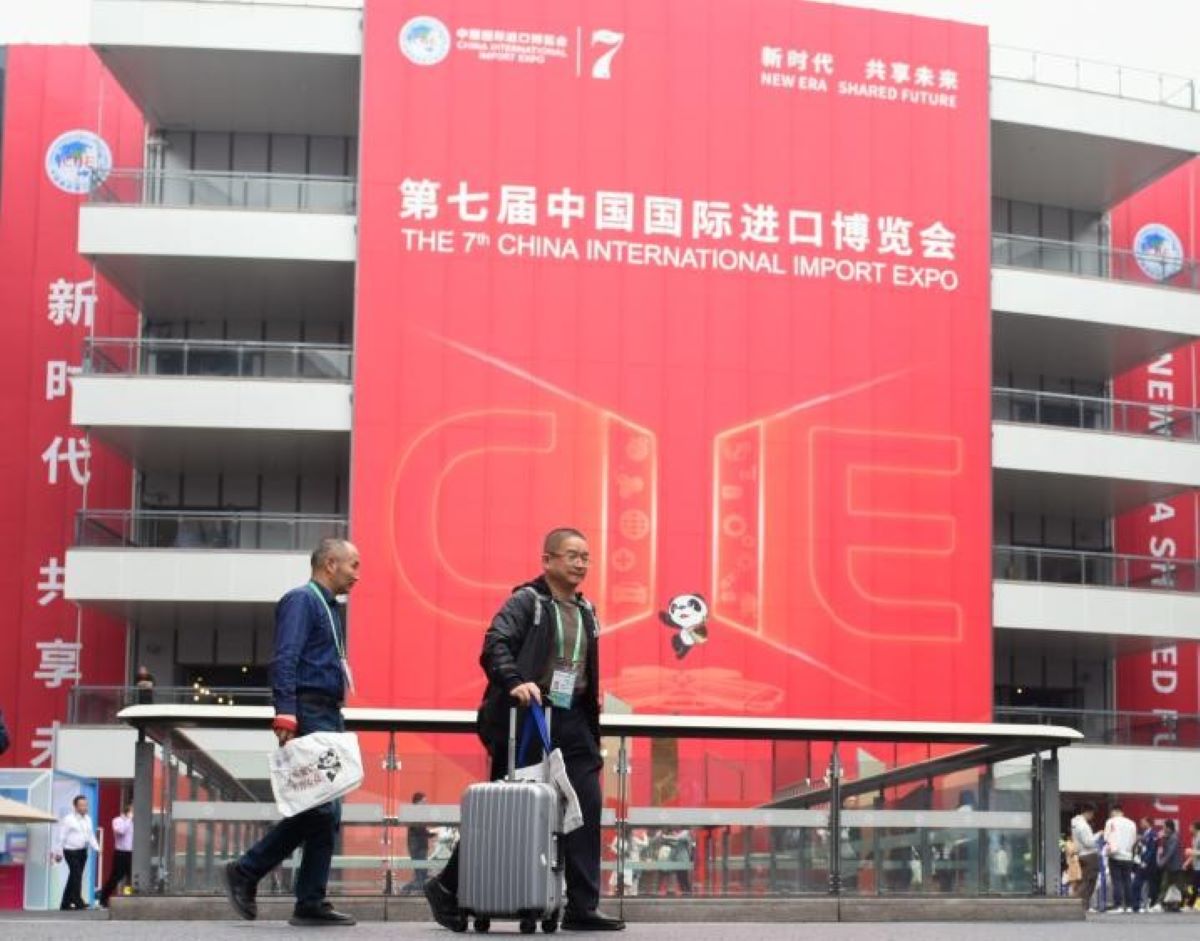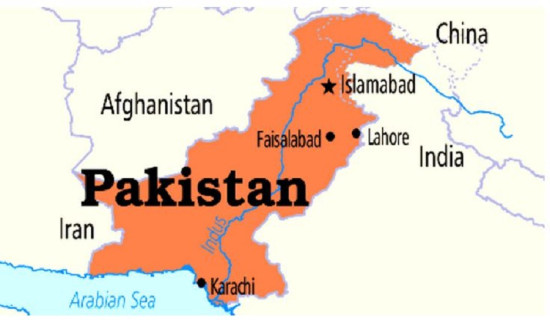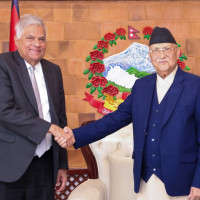- Thursday, 2 January 2025
Trade tensions and climate goals: are political agenda undermining green economy?
Muhammad Zamir Assadi
As climate change increasingly
affects economies worldwide, the urgency for a united, green economic
transition has never been greater. However, experts - at the 7th China
International Import Expo (CIIE) Hongqiao International Economic Forum
sub-forum "Sustainable Trade amid Climate Change" held on November 6
- warned that political agendas and trade tensions may be hindering this
effort, creating obstacles that undermine a globally coordinated response.
Erik Solheim, Co-Chair of the
Europe-Asia Centre, former Under-Secretary-General of the United Nations and
Executive Director of the UN Environment Programme, has been vocal about the
critical role of China and the EU in leading global climate cooperation.
Solheim emphasized that "Europe and China must work together to defend
trade," especially in light of recent political shifts in the U.S., which
might increase trade tensions in days to come. Without robust trade, he argued,
the shift to green development could take far longer, leaving global economies
more vulnerable.
In recent years, with repeated
shocks from the global pandemic, frequent geopolitical conflicts, and a
resurgence of trade protectionism, the multilateral trading system has become
increasingly fragile. Unilateral trade protection measures introduced by a few
major trading nations could be the final straw that breaks the WTO, warned Yi
Xiaozhun, former Vice Minister of Commerce of China and former Deputy
Director-General of the WTO.
Last month the European Union has
decided to increase tariffs on Chinese-built electric vehicles to as much as
45.3% at the end of its anti-subsidy probe. Solheim believed Europe should
embrace the challenge of green competition rather than resort to defensive
measures like tariffs on Chinese products, such as electric vehicles and solar
panels. "Europe needs confidence in its ability to compete," Solheim
said.
"Rather than hindering
competition, we should welcome Chinese products that advance sustainability
while encouraging Europe's own industries to improve." According to
Solheim, trade restrictions are short-sighted responses to competition, and
embracing green competition can help European industries thrive.
Echoing this, Yi argued that
these measures, primarily driven by a few developed economies, increase the
risk of retaliatory trade conflicts, further stifling green cooperation. “Green
transitions should respect WTO rules and not come at the cost of undermining
the multilateral trade system,” Yi asserted. “Using climate policies as a guise
for protectionism ultimately hinders sustainable development efforts.”
"I'm from Europe, not
America, so why should I buy an iPhone? The reason is that Apple produces a
huge number of phones, with an excess capacity beyond what the U.S. market
alone can absorb, so these phones are exported to various other regions. As a
result, Apple has become one of the most valuable tech companies
globally," Solheim cited an example.
Solheim further explained,
"China has an excess production capacity in solar cells and EVs, which
means it is producing a substantial supply of high-quality green products for
the world. These are precisely the green products the world needs - green
public goods that benefit all. We need to recognize these demands and improve
market regulation to ensure fair competition, fostering a more balanced global
market for these essential green products."
The Center for China and
Globalization (CCG) reinforces these points in its recent report,
"Sustainable Trade Amid Global Climate Change 2024". The report
cautions that excessive trade restrictions may obstruct global climate
cooperation. The report further warns that the politicization of climate action
risks fragmenting global trade policies, weakening collective responses to
climate change.
Henry Huiyao Wang, Founder and
President of CCG and Former Counselor to China's State Council highlighted how
accusations of "overcapacity" aimed at China overlook the vast global
demand for green technologies. He pinpointed that global demand for solar
panels and electric vehicles (EVs) is rapidly increasing, yet production is
struggling to keep up.
The International Energy Agency
(IEA) projects a need for 820 gigawatts of new photovoltaic installations, but
2022 production met only a quarter of that target. Similarly, global EV sales
rose by 35% in 2023, and demand is expected to hit 30 million units by 2027.
Despite this, China exported just 1.2 million EVs in 2023, highlighting "a
significant supply shortage in the global market", Wang said.
Therefore, open, multilateral
trade remains essential for advancing green initiatives. Solheim called for
enhanced EU-China cooperation, noting that climate goals depend on the exchange
of green technologies, as well as fair competition across markets. He added,
"Europe and China must ensure that their trade mechanisms support a fair
and competitive environment, fostering innovation and economic growth
globally."
While climate goals demand international cooperation, political agendas threaten to derail these efforts by introducing trade barriers and unilateral policies. Only by fostering transparent, rules-based competition can the world avoid a counterproductive divide and achieve a true global green economy. The question remains: Will political interests give way to sustainable collaboration?














-original-thumb.jpg)
